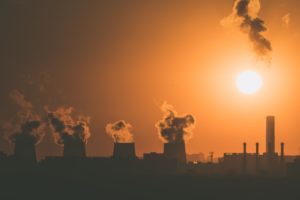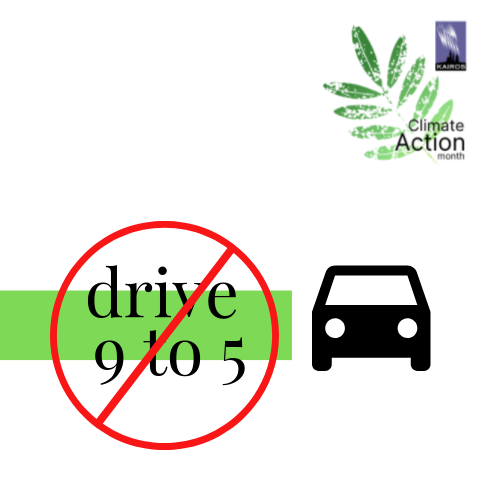Climate Action Month Day 5: Marrying social justice with a clean energy transition is essential

The economic strategy to address the climate crisis must contribute to the global enhancement of human rights and equity. Otherwise, the move to a sustainable energy economy may adversely impact people in countries where poorly regulated corporate activity is already causing harm. Solar panels, wind turbines, and electric cars require precious metals, which in turn require mining in the Global South where violations of environmental protections and human rights abuses by Canadian mining companies are well – documented by organizations such as Amnesty International and MiningWatch Canada.
As demand for renewable technology increases in Canada and globally, mineral-rich countries like the Democratic Republic of Congo that lack significant regulation to protect local communities and the environment will bear the brunt of the burden.
Today’s event:
Fires in the Amazon – Ottawa Action at Brazil Embassy
September 5 @ 4:00 pm – 6:00 pm
Today’s resources include an Opinion piece by Ecological Justice Co-ordinator Amelia Berot-Burns, a letter to the editor by Latin America Partnerships Co-ordinator, Gabriela Jiménez and a public statement on climate emergency by Union of International Superiors General. Read below-

Don’t drive between the hours of 9 and 5! This is an Extinction Rebellion event
The average Canadian vehicle burns 2, 000 L of gasoline every year and releases about 4 600 kg of C02 into the atmosphere.Burning just 1 L of gas produces 2.3 kg of C02. (Source: NRCAN.gc.ca)
